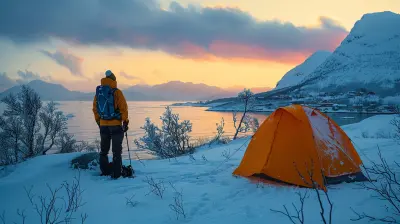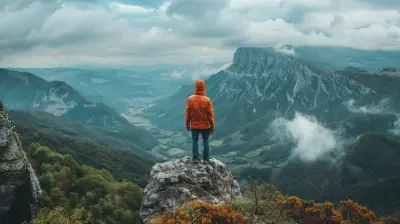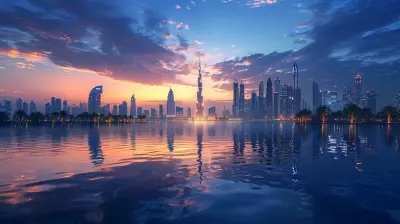Remote Cultural Experiences That Will Change Your Perspective
14 September 2025
Introduction
Have you ever felt the urge to step away from crowded tourist destinations and dive deep into the heart of a culture untouched by mass tourism? Remote cultural experiences offer more than just a vacation—they provide an opportunity to see the world through a different lens, to challenge your assumptions, and to return home with a fresh perspective on life.
In this article, we’ll take you on a journey to some of the most fascinating, off-the-grid cultural experiences that will leave you with a newfound appreciation for the diversity of human traditions. Pack your adventurous spirit—you’re about to embark on an eye-opening journey! 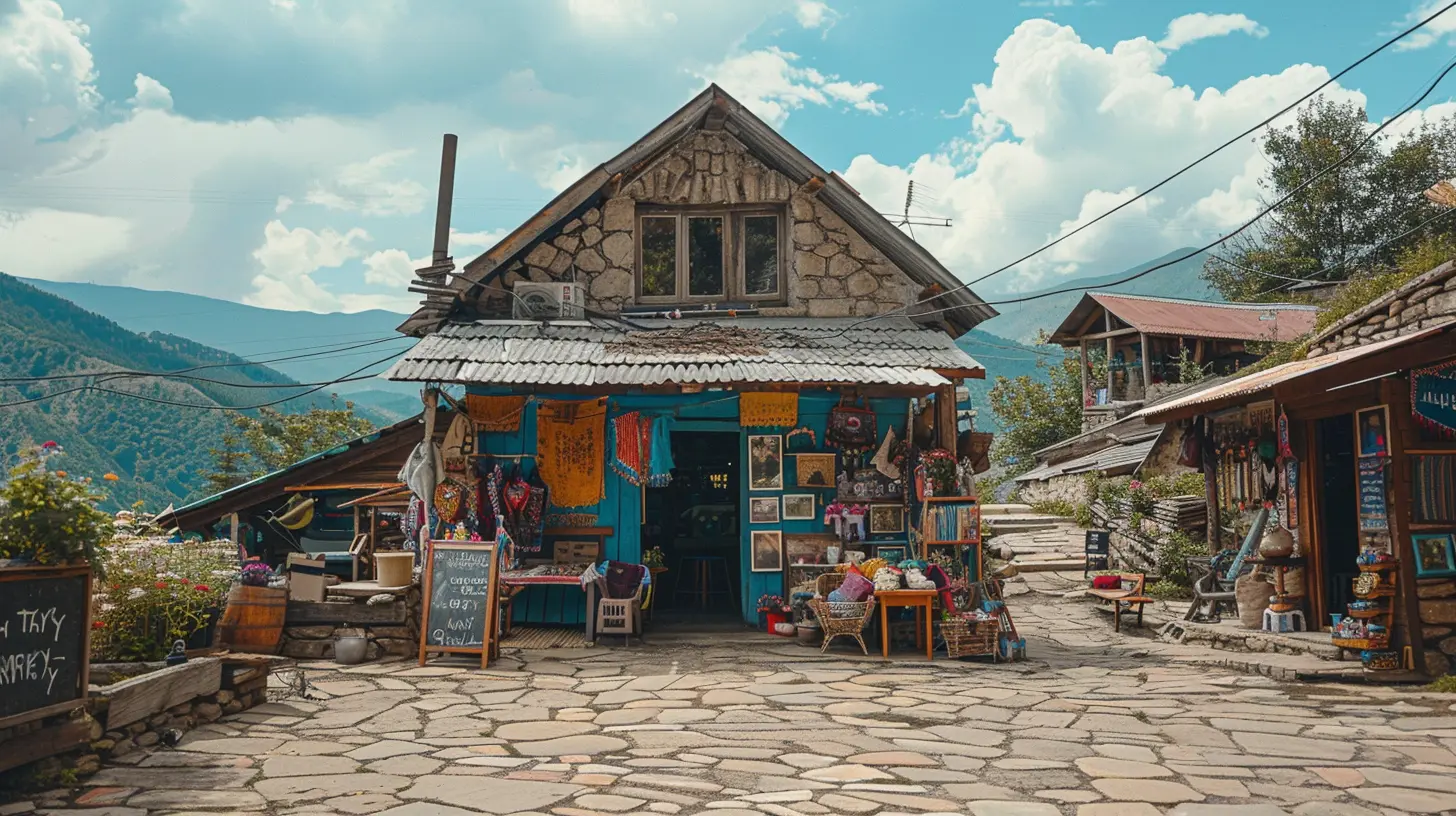
1. Living Among the Himba People of Namibia
Imagine a life where modern technology is almost non-existent, and time moves at a completely different pace. In Namibia, the Himba people have maintained their centuries-old traditions in the arid deserts of the Kunene region.Spending time with the Himba is a cultural reset. You'll witness women covering their skin with a mixture of butterfat and ochre (called otjize) to protect themselves from the harsh sun, a beauty tradition that has been passed down for generations. Daily life revolves around herding cattle, storytelling under starlit skies, and deeply rooted spiritual beliefs.
Why does this experience change your perspective? Because it challenges the idea that modern conveniences equal happiness. The Himba people live simply but with immense contentment, highlighting how little you truly need to live a fulfilling life. 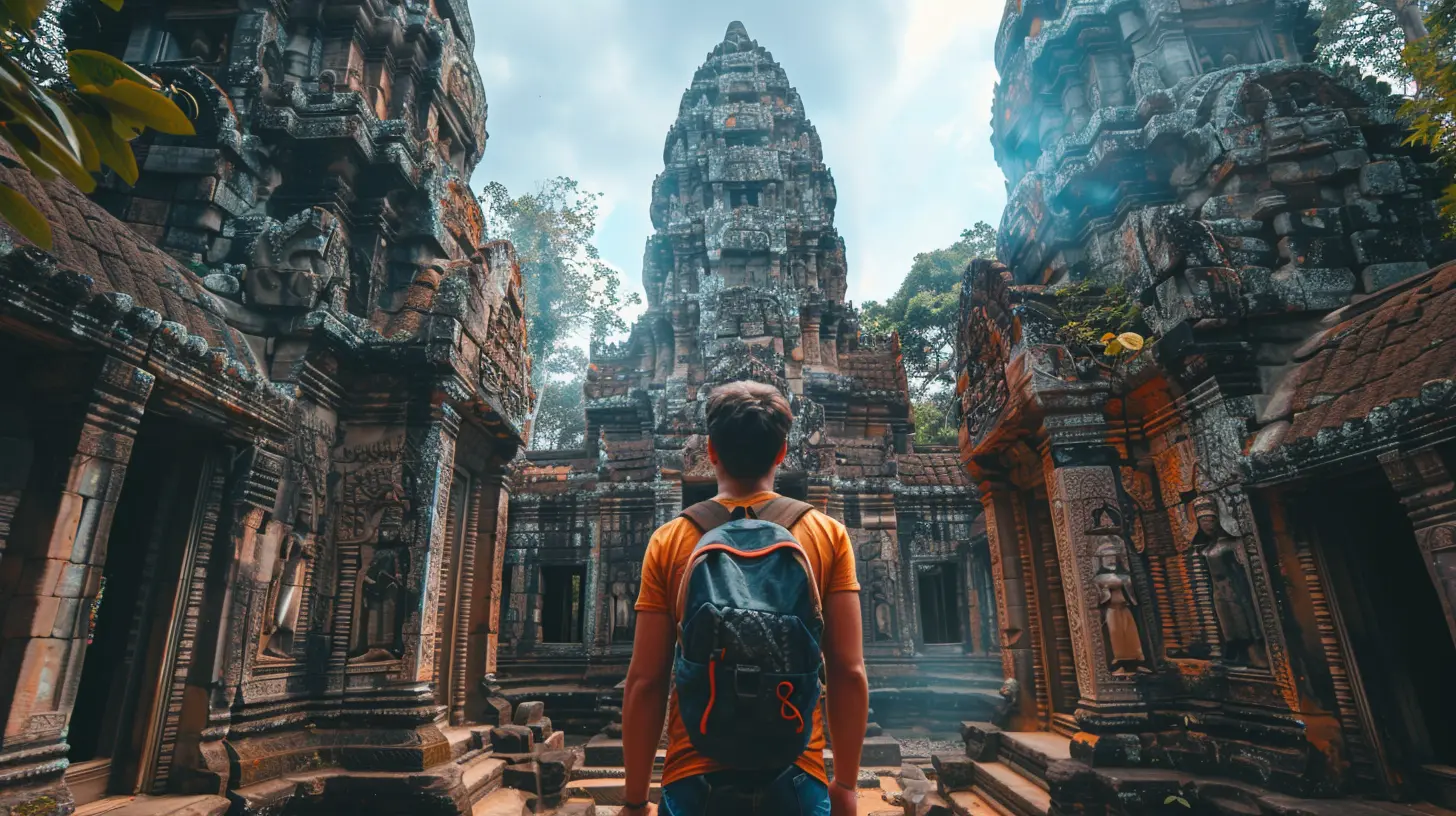
2. Celebrating the Tsagaan Sar Festival in Mongolia
Mongolia’s Tsagaan Sar, or Lunar New Year, is an experience like no other. Held in the dead of winter, this celebration is all about family, respect, and incredible hospitality. Nomadic families open their doors to strangers, offering endless rounds of buuz (steamed dumplings) and airag (fermented mare’s milk).During your stay, you’ll see how Mongolians honor their elders through sacred rituals. Bowing to receive blessings from grandparents, exchanging symbolic gifts, and wearing a traditional deel (robe) all emphasize the deep respect they have for ancestry and family unity.
This cultural immersion forces you to rethink the value of family bonds in a way that’s impossible to grasp in the fast-paced digital world. 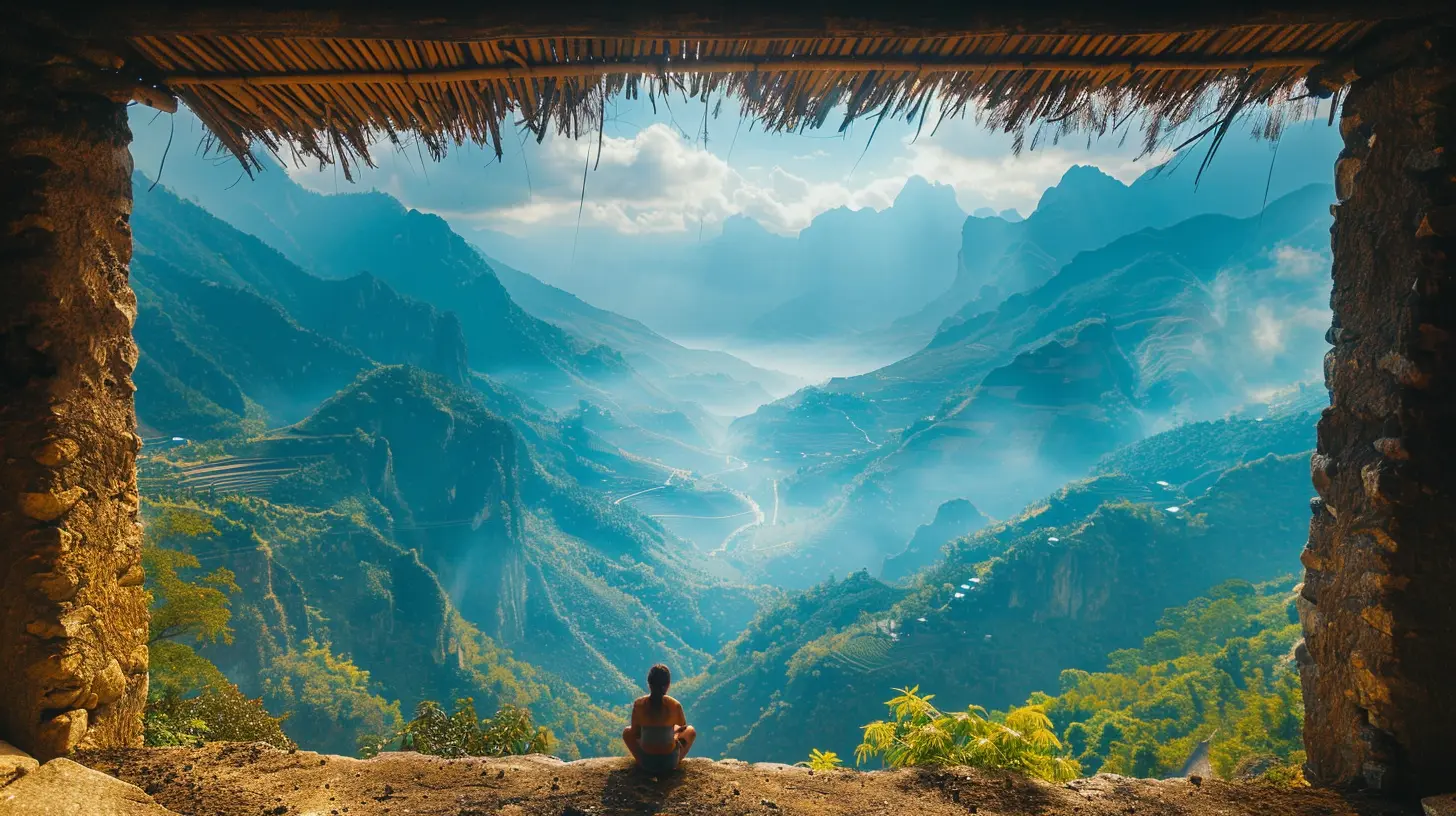
3. Witnessing the Togean Sea Nomads’ Way of Life in Indonesia
Off the coast of Sulawesi, Indonesia, live the Bajau Laut, often called "sea nomads." These incredible people have spent centuries living almost entirely on the ocean, relying on fishing and free diving for survival. Many Bajau can hold their breath for minutes underwater and dive to incredible depths without modern diving equipment.Visiting a Bajau village, built on stilts above the turquoise sea, introduces you to a way of life completely foreign to most of us. There are no supermarkets, no bills to pay—just an intimate connection with the ocean as both a provider and a home.
What makes this experience life-changing? It teaches you to respect a way of life that thrives on simplicity and adaptability. It also raises crucial questions about environmental conservation and how modern influences are threatening indigenous lifestyles. 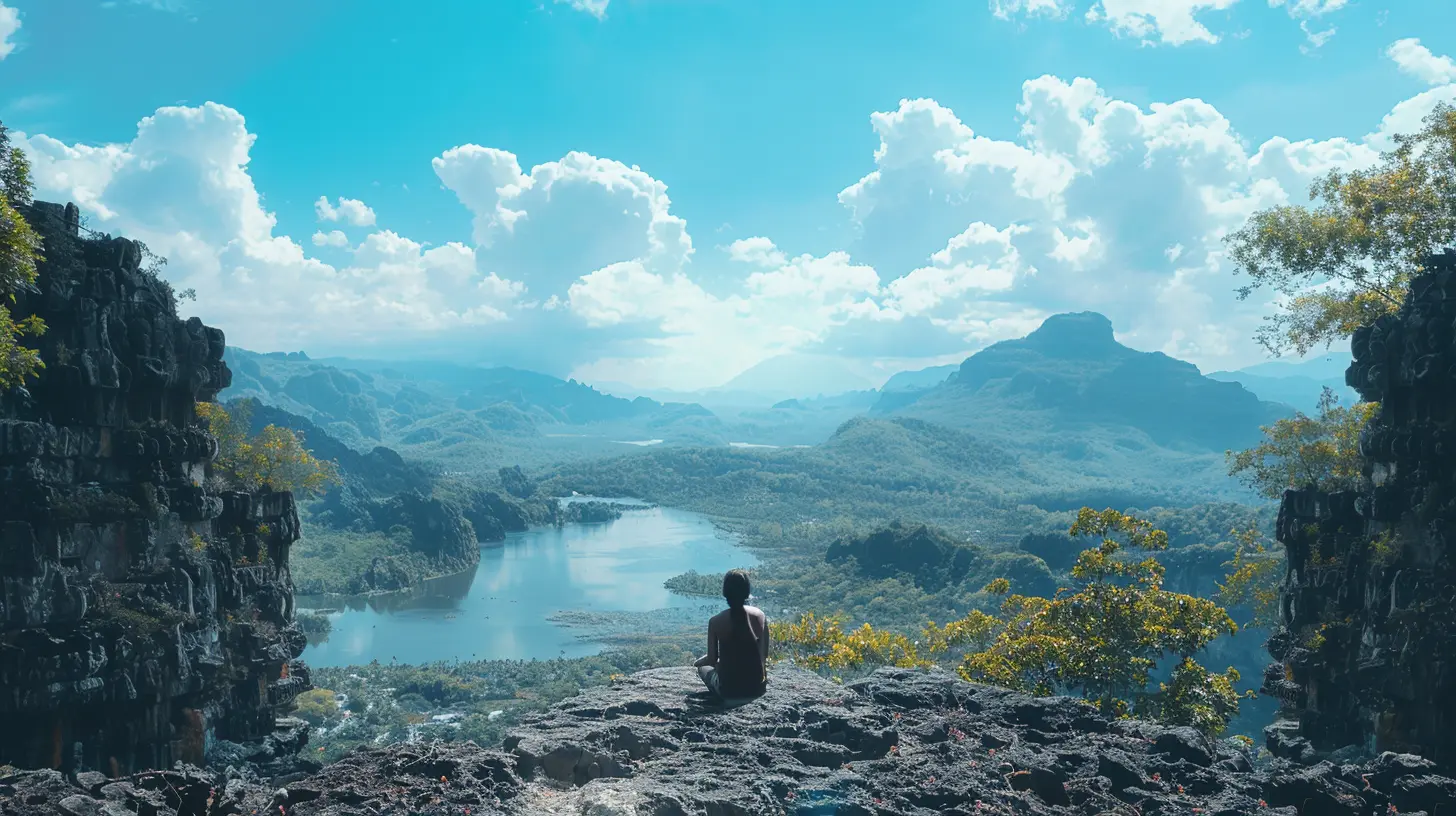
4. Participating in the Pushkar Camel Fair in India
India is known for its vibrant festivals, but the Pushkar Camel Fair in Rajasthan offers an entirely unique cultural spectacle. This annual gathering draws thousands of camel traders, musicians, and Hindu pilgrims to the small desert town of Pushkar.You won’t just be a spectator—you’ll be engulfed in a whirlwind of cultural wonders. Expect to witness camel races, traditional Rajasthani dances, and even the bizarre but thrilling mustache competition. At the heart of it all, however, is the spiritual side of the festival. Pilgrims from all over India come to bathe in the sacred waters of Pushkar Lake, seeking blessings and purification.
After experiencing the fair, you might start questioning the way materialism dominates many societies. Here, traditions, faith, and community spirit take center stage, forcing you to reconsider the true meaning of wealth and happiness.
5. Staying in a Yurt with Kazakh Eagle Hunters in Western Mongolia
If you think falconry is impressive, wait until you meet the Kazakh eagle hunters of Mongolia. For over 2,000 years, these nomads have trained golden eagles to hunt in the unforgiving Altai Mountains.Staying with a Kazakh family in a traditional yurt means stepping into a world where the relationship between humans and nature is built on mutual respect. Watching an eagle hunt firsthand is exhilarating, but what’s even more fascinating is the deep bond between hunter and bird—a connection that takes years to develop.
At the end of your stay, you’ll likely find yourself reflecting on the vast differences between how Western culture interacts with animals versus indigenous traditions that rely on harmony rather than domination.
6. Learning Traditional Weaving in the Andes of Peru
Deep in the Peruvian Andes, the Quechua people have preserved their rich textile traditions for centuries. In villages like Chinchero and Ollantaytambo, weaving is more than just a craft—it’s a way of storytelling, where each pattern represents aspects of nature, history, and spirituality.Sitting alongside master weavers, you’ll learn that every intricate design carries meaning. You’ll also see the painstaking process of dyeing wool using natural pigments derived from plants and insects. It’s slow, detailed work—far removed from today’s fast-fashion industry.
This experience is humbling because it teaches patience, respect for craftsmanship, and a deeper appreciation for cultural heritage that refuses to be erased by globalization.
7. Attending the Mount Hagen Cultural Show in Papua New Guinea
Papua New Guinea is one of the most culturally diverse countries in the world, with over 800 languages spoken. The Mount Hagen Cultural Show is a mind-blowing gathering of indigenous tribes, each showcasing their unique traditions, costumes, and dances.It’s not just a festival; it’s an explosion of color, sound, and history. The sight of Huli wigmen painting their faces yellow and red, or the Asaro Mudmen reenacting ancient ghostly performances, is unforgettable.
Spending time with these indigenous groups forces you to recognize the fragile nature of cultural preservation. Many of these traditions are at risk due to modernization, making it even more important to support and respect indigenous communities.
Conclusion
Traveling to remote destinations is not just about discovering new places—it’s about challenging your worldview. It’s about witnessing first-hand how different people live, what they value, and how their deep-rooted traditions have allowed them to survive for generations.Every experience, whether living with Mongolia’s eagle hunters or weaving with the Quechua, teaches valuable lessons about the meaning of happiness, resilience, and human connection. And when you return home, you’ll find yourself seeing your own culture in a whole new light.
So, the next time you plan a trip, why not choose an adventure that changes you from the inside out?
all images in this post were generated using AI tools
Category:
Off The Beaten PathAuthor:

Claire Franklin
Discussion
rate this article
2 comments
Elena McGonagle
Unforgettable journeys await your discovery!
November 25, 2025 at 6:07 AM

Claire Franklin
Absolutely! Exploring new cultures truly opens our minds and enriches our lives.
Kirk Reyes
These unique experiences truly open our hearts and minds, transforming how we see the world.
September 20, 2025 at 3:50 AM

Claire Franklin
Thank you! I'm glad you resonated with the idea of these transformative experiences. They really do broaden our horizons!
